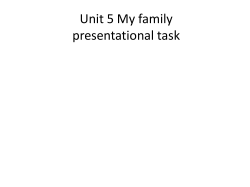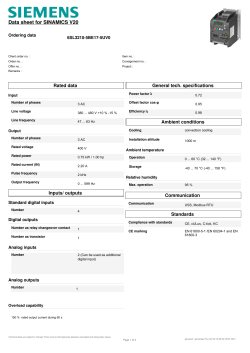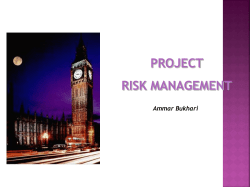
Define âlogic modelâ in your own words: What is the purpose of a
Name: I can explain what a logic model is, why it is used, and how it is created. I can outline the steps of my own logic model to plan for changes. I. II. Read the excerpts from the Kellogg Foundation’s “Logic Model Development Guide,” answering the What, Why, and How questions as you go. (This will also involve examining the sample templates.) Complete the sample logic model outlines on the last page of this packet. Your work will be assessed using the following rubric: Standard 100 90 Write informative/ explanatory texts to examine and convey complex ideas, concepts, and information clearly and accurately through the effective selection, organization, and analysis of content. I can identify and explain the key concepts of a logic model and use the best evidence to illustrate this process. I can identify and explain the key concepts of a logic model and use evidence to illustrate this process. 70 I can identify and explain the general concepts of a logic model and use some evidence to illustrate this process. Define “logic model” in your own words: What is the purpose of a logic model? 50 I cannot yet identify and explain the general concepts of a logic model and use some evidence to illustrate this process. 1. Paraphrase the description of each step of a logic model in the chart below Step Step Paraphrase Resources/Inputs (Planned Work) Activities (Planned Work) Outputs (Intended Results) Outcomes (Intended Results) Impact (Intended Results) 2. In what order should you outline these steps when creating a logic model? Why should you outline them in this order? Step Program Example: Exercising Every Day Program Example: Using Solar Power Resources/Inputs (planned work) Activities (planned work) Outputs (intended results) Outcomes (intended results) Impact (intended results) Identify and explain which stage of each example project would prove the most difficult: assessment – an evaluation of a program/activity’s effectiveness in achieving its goals. asset – the resources (people, money, skills, objects, etc.) that a group can draw on to help them implement activities. development – the improvement of a community, socially, economically, or otherwise. evaluation – see “assessment”. intervention – an action/activity/program meant to prevent or change a specific result or course of events. implementation – the process of putting a plan (activity/program) into action. management – the process of dealing with or controlling things (like a program) or people. program – a set of related actions or activities with a common long-term goal. services – an action (activity) that is done to help or do work for others. stakeholder – a person who is involved with or affected in some way by a program.
© Copyright 2025





















